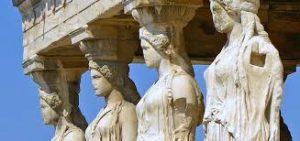
To read the works of Homer and Plato, of Vergil and Tacitus, or the Old and New Testaments – whether in English translation or, better still, in the original language – is an exciting intellectual experience. If learning another language is, to a certain extent, becoming another person, then learning the classical languages is to be transported back in time two millennia or more, to gain a perspective from which to isolate and verify the human constants that transcend time and place. At the same time, since we stand in a direct line of tradition from the classical and biblical world, knowledge of that world affords us a very practical understanding of the roots of Western literature, philosophy, and institutions.